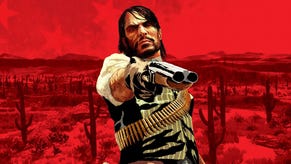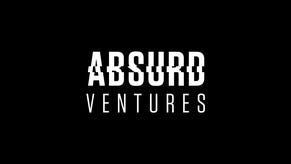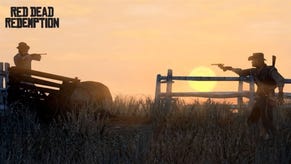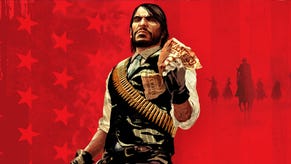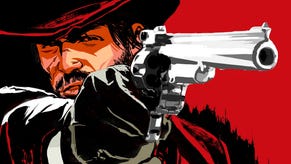Red Dead Redemption
Forgiven.
However, by the end of the game you will be left with other, less enthusiastic feelings too. While Rockstar San Diego triumphantly matches the storytelling of Rockstar North, redacting their cinematic influences with finesse and imagination, there is still an occasional roughness to the ground-level interactions that can grate.
Marston runs awkwardly on the ground and, for all the fluidity of the horses, you only need to take a tumble off an unforeseen ledge for the game to come grinding to an abrupt, awkward halt. Combat, so often the weak point in Rockstar's output, is solid, with a Dead Eye bullet-time mode combining with the ragdoll physics to create the kind of iconic shooter-keeling-from-a-rooftop images that define the genre in film.
However, the cover mechanic, which sticks Marston to the nearest rock or wall, feels sticky and outdated, while the expectation that you wrestle with the camera, reticule and steering during horseback shootouts is simply too tall at times. Problematically, once your sense of curiosity at what lies over the next hill dissipates, you'll find every 10-minute gallop across the landscape tiresome and over-familiar, and so will begin to rely heavily on the game's various fast-travel options (via train, carriage or campfire teleport).
The very best Western films enjoy a rapid fire of crisp, purposeful scenes to link the action. It's a format that works well when packed into 90 minutes of imagery delivered at 24 frames per second. But stretched out over 50 hours, the intensity of the Western form is necessarily diluted, resulting in pockets of intense excitement, linked by long, meandering treks across - admittedly wondrous - scenery. Red Dead Redemption has fully subscribed to the Housers' vision of a blockbuster videogame: a string of cinematic set-pieces and flawed yet endearing characters nestled within an orthodox narrative structure, seasoned with generous pinches of extra-curricular tasks.
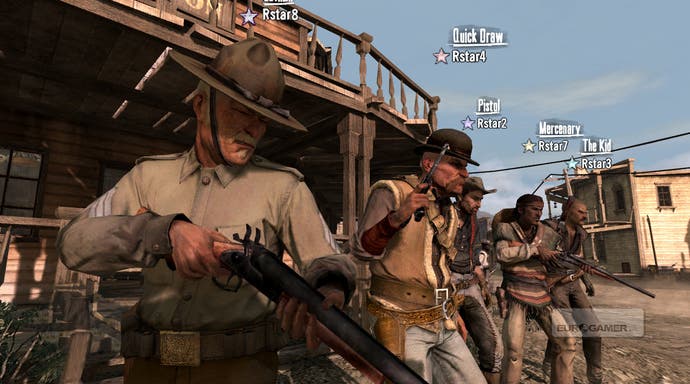
Rockstar's skill in creating a believable, functioning world with a distinct, coherent and consistent atmosphere is peerless. The broad-brush vision is masterful. No game has done sunsets and fiddles, stirrups and stubble with this assuredness. And while the script may fall short in its cinematic inspirations - the comedy of Butch Cassidy and the Sundance Kid or the gravitas of Unforgiven, for example - the gap has been closed. Yet in the details, there's a roughness that niggles, the execution lacking the grace and fluidity of contemporaries who perhaps reign in the ambition and scope in favour of depth and polish.
The result is an exceptional Rockstar game, one that successfully re-clothes the Grand Theft Auto framework in an exciting, distinct and expertly realised scenario. But just how satisfying the formula remains after the exuberant destructiveness of Red Faction: Guerrilla, or the joyful, ad-hoc player stories born in the freedom of Just Cause 2's playpen, is increasingly under scrutiny. And even within Rockstar's own canon, there is little here for that smart young journalist to inform Liberty City about that it didn't already know. A magnificent eight, then.
A note about Red Dead Redemption's multiplayer: a free-roaming mode allows up to seven other players to join your game, saddle up as a posse and take on other player- or AI-controlled groups in a similar way to GTAIV's multiplayer modes. Additionally, a slew of deathmatch and capture the flag variations are available for up to 16 players, each opening with a Mexican stand-off, the survivors of which can then position themselves strategically ahead of their foes' respawning. Modern Warfare-style leveling overlays all multiplayer modes, gradually unlocking new guns, horses and costumes provided as added incentives. Unfortunately, we weren't able to test any of these modes in the version of the game supplied for review. You can read more about them in our recent hands on.


